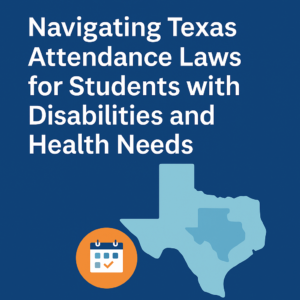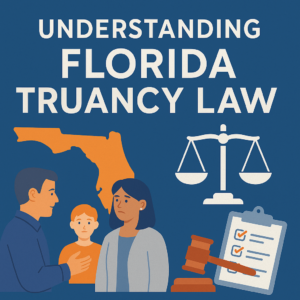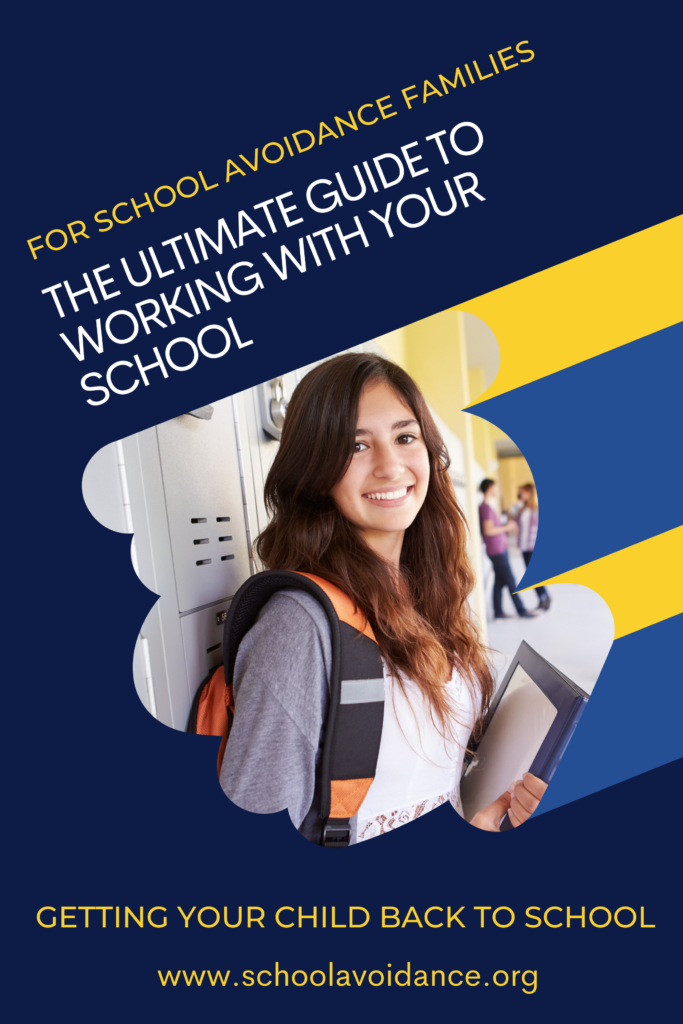“Every Child has a Portfolio of Who They Think They Are.”
When I heard these words at a presentation of The Nurtured Heart Approach; I immediately felt them through the eyes of a child who has school refusal.
I sensed how using the Nurtured Heart Approach could build inner-wealth within a child who is challenged with school refusal.
Your child knows that they are supposed to be going to school like all the other kids. So, when they aren’t, they may think that something is wrong with them. They feel this inadequacy. And as a parent, you are hyper-focused on getting them out of bed, dressed and off to school which they aren’t doing. Any parent who has experienced school refusal with their child knows that it inadvertently causes; frustration, anger, confusion, anxiety, and stress on the family.
The pressure of the situation could easily ignite a firestorm of negativity illustrated by our chosen words. I am completely guilty of this.
The following are possible attributes a school refusal child may have in his portfolio based on his feelings and what we verbalize.

Transforming the Difficult Child 2016 update is one of the books offered on the Nurtured Heart Approach.
INCAPABLE
SELFISH
NOT-WORTHY
SCARED
WEAK
BAD
DEFIANT
LAZY
Try not to beat yourself up as you think about this and reflect on words that you may have used. You have been doing the best that you can and you are not to blame. No one prepared or educated us on school refusal. Most likely you never heard about it until your child started avoiding and missing school days.
The good news is that you have the opportunity to help rewrite your child’s portfolio. It is simple and you can start practicing it quickly. This method proposes that when you are with your child, you ask yourself “What is so great about what I am seeing?” “What do I appreciate about this moment in front of me?” Then use “nutritious words” to describe an admirable characteristic.
The following words are a sampling of positive characteristics that can help rewrite your child’s opinion of himself (his portfolio).

BRAVE
FOCUSED
FLEXIBLE
GENEROUS
CREATIVE
ARTISTIC
AUTHENTIC
GENUINE
LOVING
The Nurtured Heart Approach was developed by Howard Glasser. His training background is in family treatment, clinical studies and educational leadership and his body of work has been inspired by his work with some of the most challenging children. Even though this technique was developed with intense kids in mind, it can improve any relationship (personal and professional) and foster self-worth in every child.

This is a sample from a nurtured heart presentation and introduces the concept of Proactive Recognition from the Nurtured Heart Approach. Copyright 2019: Howard Glasser
I am going to let Howard explain the 3 tenents of the approach in the following 5-minute video. Parents can purchase an online course for $99 or they have several books that teach the approach. Schools and educators can also purchase this course for continuing education credits. (I do not receive any financial compensation or reciprocal benefits from the Nurtured Heart Approach or Children’s Success Foundation). I feel it is a great parenting technique and wanted to share it with you ASAP. Our kids deserve the gift of self-worth.






